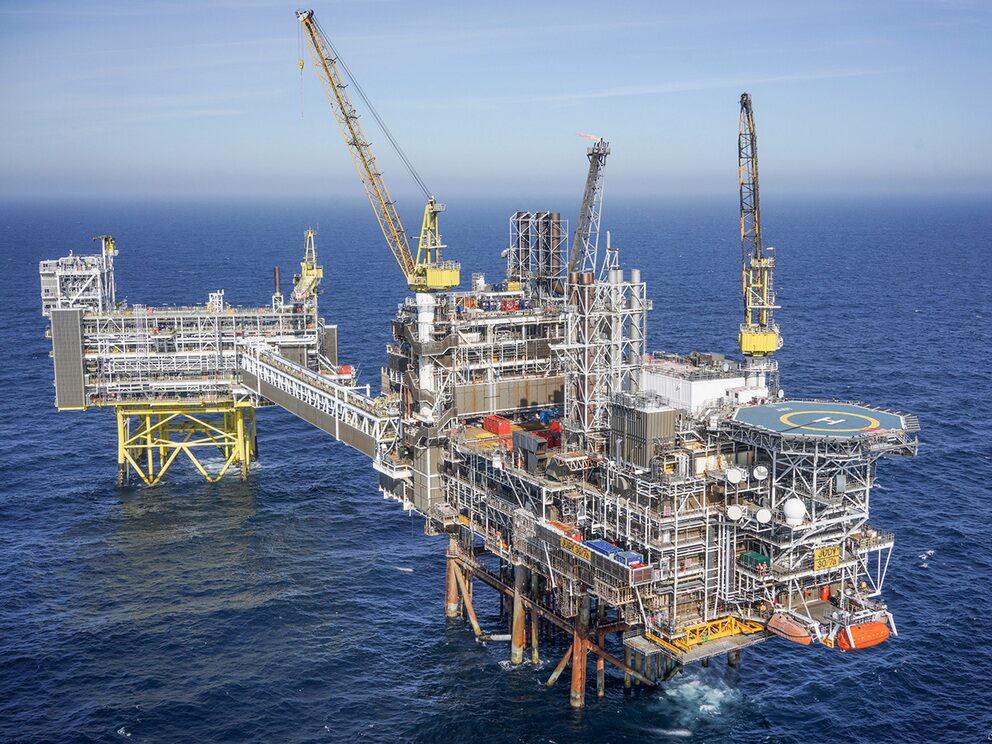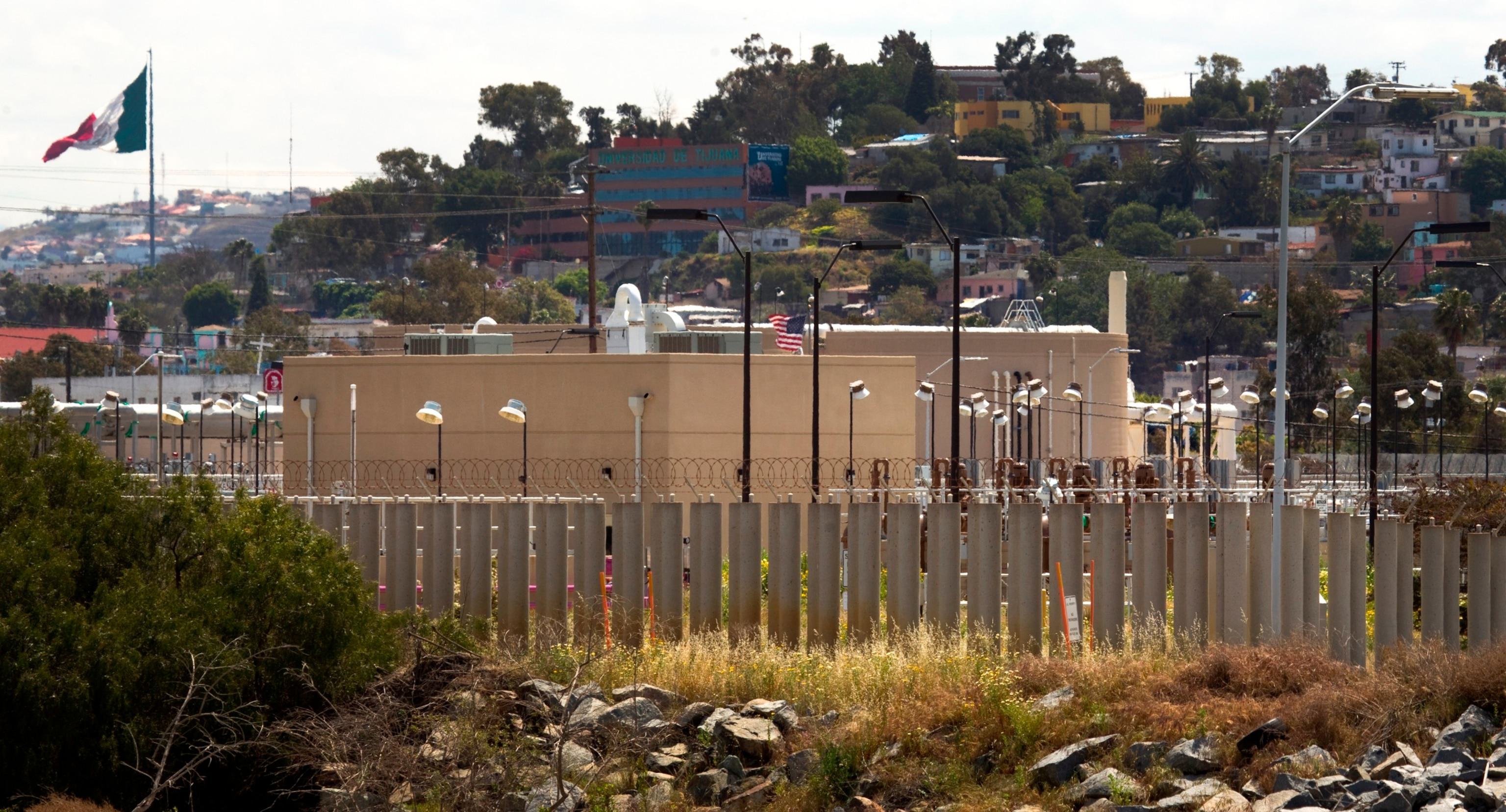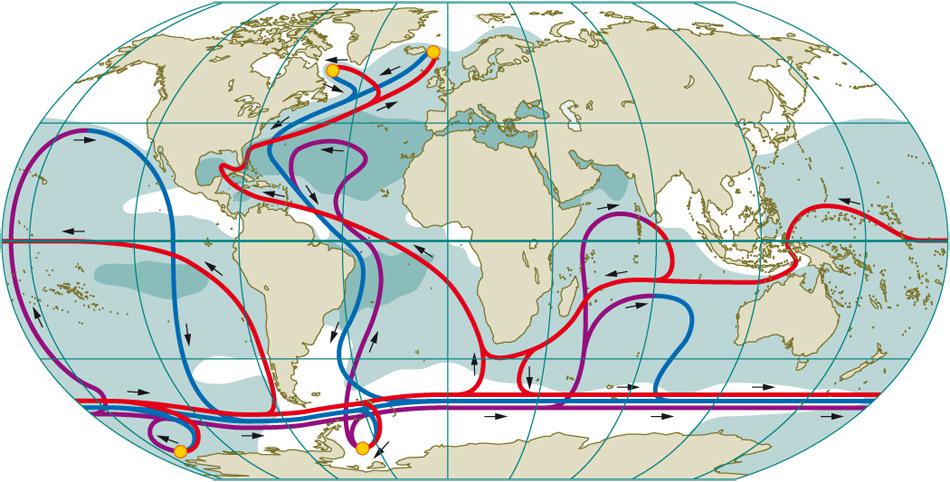The Dangers of Abandoned Oil and Gas Pipelines in the North Sea
February 25, 2024 - Reading time: 3 minutes

Decaying oil and gas pipelines left to fall apart in the North Sea could release large volumes of poisons such as mercury, radioactive lead and polonium-210, notorious for its part in the poisoning of Russian defector Alexander Litvinenko, scientists are warning.
Lhiam Paton, a researcher from the Institute for Analytical Chemistry at the University of Graz has raised the alarm over the mercury pollution, told the Guardian and Watershed Investigations that “even a small increase in mercury levels in the sea will have a dramatic impact on the animals at the top of the food web”
“We still need to understand how clean pipelines need to be of mercury to ensure there will be no long-term impacts to the marine environment. This requires research investigating the long-term fate of mercury if left in contaminated pipelines and the conditions that will result in mercury ending up in food webs,” said Koppel.

DW Staff
David Lintott is the Editor-in-Chief, leading our team of talented freelance journalists. He specializes in covering culture, sport, and society. Originally from the decaying seaside town of Eastbourne, he attributes his insightful world-weariness to his roots in this unique setting.



